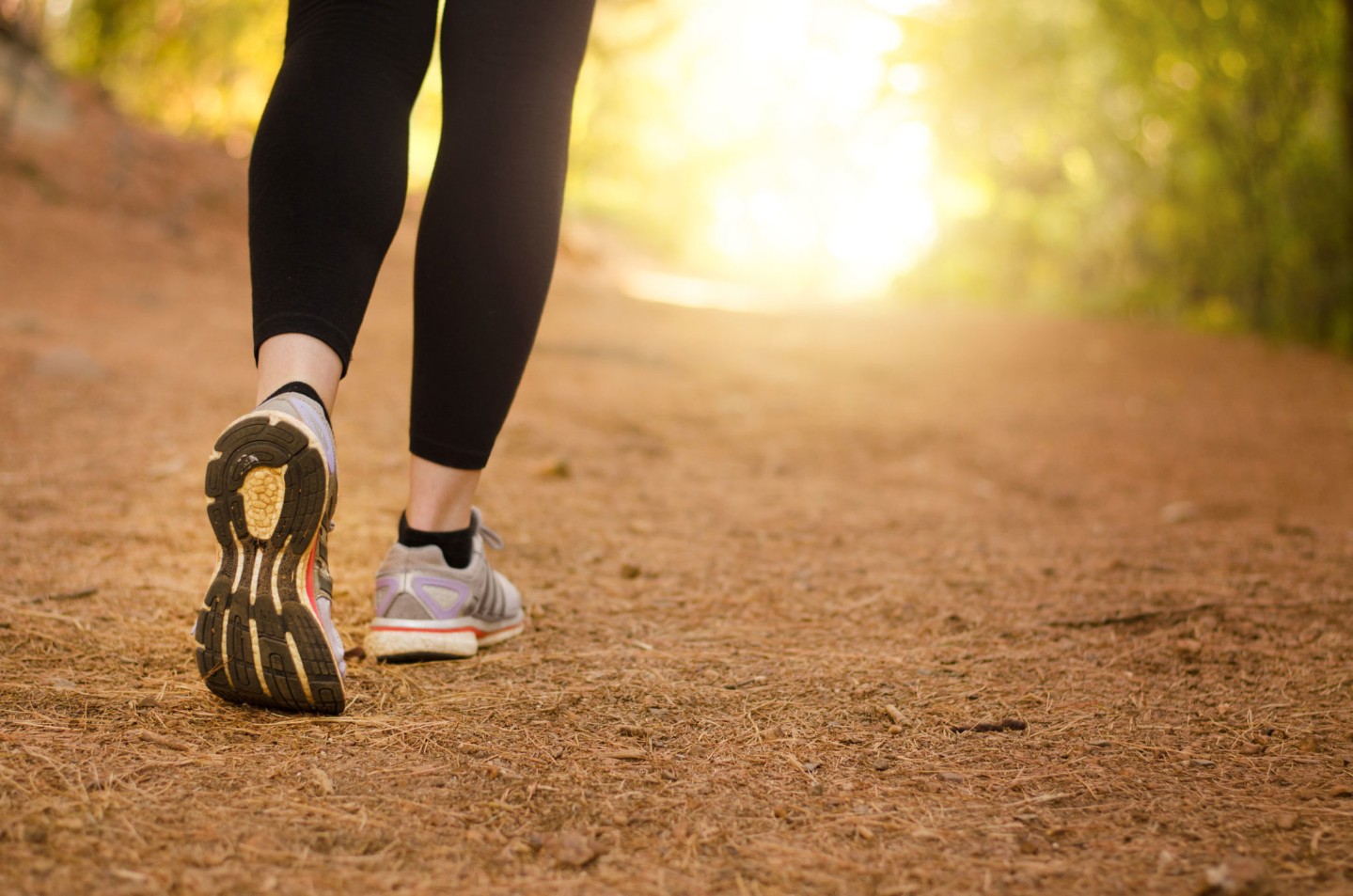Beyond the Chill: Understanding Raynaud's Phenomenon
JAN 29, 2026Raynaud's phenomenon is a rare disorder that affects the blood vessels, most commonly in the fingers and toes, but sometimes also in the nose, ears, or lips.
Read More
Everyone’s workout is different, so nutritional needs vary from person to person. For those starting a walking program, no special diet is generally required. But there are some important factors to keep in mind to ensure proper nutrition for your workout.
Breakfast:
1 piece of whole grain toast
1 tablespoon of peanut butter
½ banana
Lunch or dinner:
3 oz grilled chicken
½ cup whole wheat angel hair pasta
¼ cup marina sauce
2 cups spinach salad with 3 tablespoons light Italian dressing
If you plan to start your day with a walk prior to eating breakfast, consider grabbing a small snack like a piece of fruit and then having breakfast once you are done.
If you are a diabetic, you may need a snack depending on your blood sugar prior to exercise.
Protein shakes or supplements are not needed to receive the benefits of a walking program. Similarly, nutrient-rich sports drinks also contain large amounts of sugar and are really only beneficial for those doing high-intensity workouts for 60 minutes or more.
Hydration is critical to your body and also can help aid in weight loss. Remember to bring a bottle of water while walking -- especially on hot days! How to know if you’re drinking enough H2O? If you’re thirsty you’re already dehydrated. Urine should be pale yellow. If it’s clear, you’re overhydrating.
If you’re walking to lose weight, resist the urge to treat yourself to an extra snack. Keep in mind walking for 30 minutes burns around 90 calories. That’s the equivalent of 13 whole almonds or 2/3-ounce of dark chocolate or a hard-boiled egg.

Raynaud's phenomenon is a rare disorder that affects the blood vessels, most commonly in the fingers and toes, but sometimes also in the nose, ears, or lips.
Read More
Winter brings beautiful snowy landscapes and cozy evenings, but the cold, dry air—indoors and out—can be harsh on our hands, leading to dryness, cracking, and even more serious issues like frostbite. Protecting your hands is crucial for comfort and s...
Read More
While BMI can be a useful screening tool for populations, relying solely on this single number to define an individual's health and dictate weight management strategies is outdated and often misleading.
Read MoreWhen you need local health information from a trusted source, turn to the CHI Health Better You eNewsletter.